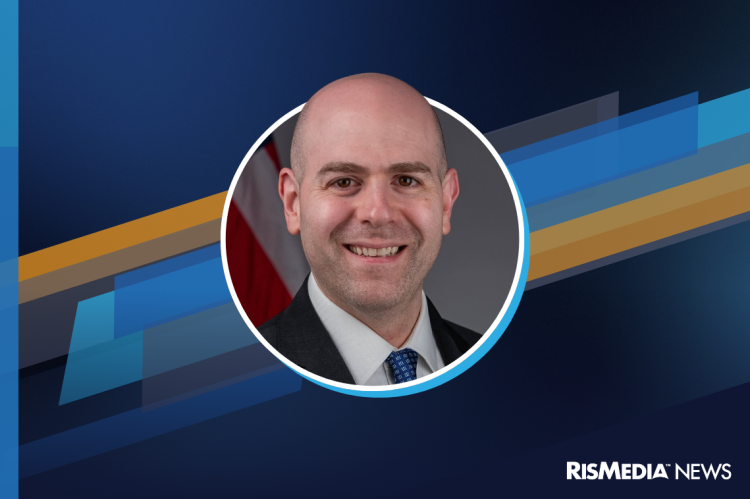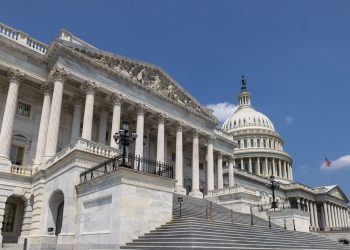Since taking office on the Federal Reserve Board of Governors in September, Stephen Miran has pushed for a looser monetary policy. At both the September and October Federal Open Market Committee (FOMC) meetings, Miran dissented from the majority vote to cut interest rates by a quarter point, in favor of a higher cut by half a basis point.
When explaining his economic outlook, Miran has projected there will be housing disinflation to come in part due to more restrictive immigration policy. He has also cited supposed greater clarity about the future of trade policy than in the first half of the year. Miran, who was appointed as chair of the White House Council of Economic Advisors by President Trump, played a key role in architecting the administration’s tariff policy. He has currently taken leave from the Council while serving on the Fed.
Miran got another platform to explain his views during a Wednesday, November 12 Q&A held at the University of Cambridge Judge Business School in the U.K. Miran was the primary panelist alongside former Federal Reserve Vice Chair and Governor Roger Ferguson.
In the opening question, asking Miran about his view on the current state of the U.S. economy, Miran reiterated his stance that monetary policy is often decided based on backwards-looking data and that it should be forward-looking instead. In particular, he noted how housing inflation, and thus inflation in general of which housing is a huge portion, is measured on a lag via leases, which are set every six months to two years, typically. He further pointed to how the Personal Consumption Expenditure (PCE) index accounts for the higher financial management fees on appreciating assets as a cost increase.
“I think Fed policy is too restrictive,” Miran said in summary. “I think that policy is being made on a backward-looking basis, in the case of shelter pumping up the index in a way that we shouldn’t think of it doing. Shelter inflation is high because home prices and rents went up in 2022. We shouldn’t be making policy based on what happened years ago. That is so backward-looking, and I think a recipe for getting policy wrong. Policy should be forward-looking, not backward-looking.”
Miran’s presence on the Fed has been a lightning rod for the issue of the central bank’s independence, due to his role in the Trump administration—which he has not resigned from—and the President’s repeated calls on Federal Reserve Chairman Jerome Powell to lower interest rates. At his Senate confirmation hearing in September, many Senators pressed Miran on the issue of his independence.
Since then, including at the Cambridge event, Miran has said the Fed maintaining independence is vital. In response to a question about how the Fed could respond to climate change-induced inflationary shocks, Miran said that Fed independence will require that the central bank steer clear of hot-button political issues that fall outside its mandate.












